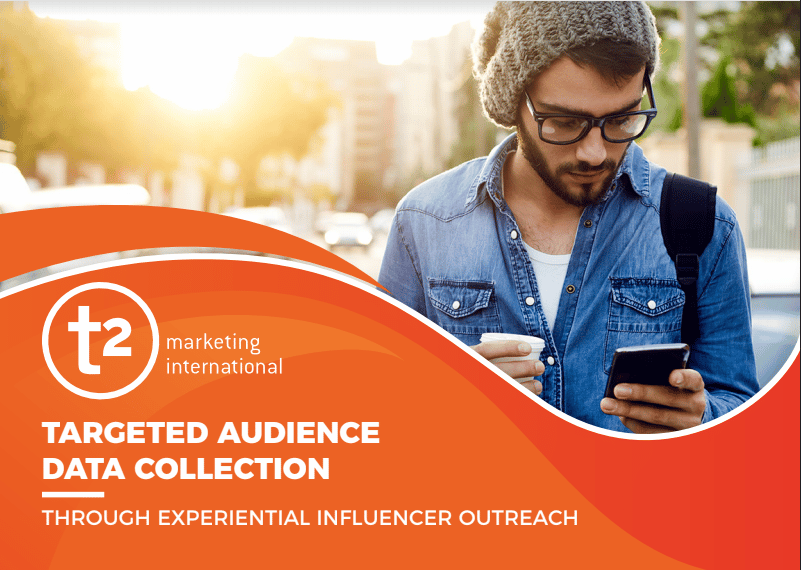Daily Minute Master Series – November 22, 2019
Social Media
Twitter Rolls Out Option to Hide Tweet Replies to All Users
After months of testing, Twitter has now announced that is new ‘Hide Replies’ option will be rolled out to all users globally. You’ll now have the option to remove any tweet replies, and better control your tweet engagement. When you do choose to remove a reply, your tweet will get a small page-type icon in the bottom right corner. Any user will be able to tap on that icon and get a full list of replies which have been hidden, which means that it’s not a block, as such, but a means to keep the conversation on track, and remove abusive and/or unnecessary replies. That could prove to be a particularly beneficial process, as it can help to highlight unacceptable tweet behavior, and maybe make others re-think similar approaches. In many ways, it’s just a first step, but providing additional control over your on-platform experience will be beneficial many users, and could help clean-up and improve overall discourse within the app.
For the full article click here
Facebook Considers Changes to its Political Ads Policy
As you may have heard, Facebook’s decision not to subject political ads to fact-checking has caused a lot of concern, in various sectors. With The Social Network rolling out a range of measures to stop potential misuse of its platforms by politically-affiliated groups in the wake of the 2016 US Presidential Election, its decision to allow lies in political ads in the coming campaign seems at odds with such efforts. Add to that the fact that every other digital platform – including Google, which this week announced its own political ad restrictions – now either doesn’t accept political ads or subjects them to fact-checking, and you can see why the pressure would be on the world’s largest digital platform to re-think its stance. Facebook could still do more. Facebook could still subject political ads to fact-checks, it could add in new labeling to signify such, or it could, as Twitter has done, just stop selling political ads. There’s nothing official as yet, but expect to see Facebook’s political ads policy change within the next few months.
For the full article click here
Facebook to pull location from ad set when creating new Lookalike audiences
Facebook is testing the removal of the location field that advertisers use to create Lookealike audiences – Facebook’s tool for reaching new audiences based on how they compare to existing customers. In the test, Lookalike audiences use locations from ad sets – eliminating one extra step in the targeting setup process. For brands that target audiences across multiple geographic locations, inputting locations to build a lookalike audience can be a time-consuming and duplicative effort. Pulling location data from ad sets can help advertisers speed up the Lookalike setup process and reduce the potential of missing a key target location.
For the full article click here
Marketing
Google Ads intros ‘restricted data processing’ capability for CCPA compliance
Google will offer restricted data processing to enable businesses to comply with the California Consumer Privacy Act (CCPA), the company announced Wednesday. With restricted data processing enabled, Google will act as an affected business’ (advertiser, publisher or partner) data processing service provider. Restricted data processing, Google explained, will “restrict how it uses certain unique identifiers, and other data processed in the provision of services to you, to only undertake certain business purposes.” Similar to the EU’s General Data Regulation Protection (GDPR), the CCPA provides several data privacy protections for California state residents. It is set to go into effect on January 1, 2020. Affected businesses must give California residents the ability to opt-out of the sale of their personal data on their website homepages. With restricted data processing applied, features such as adding users to remarketing lists, similar audience seed lists will not be available. Google notes that for App campaigns this means users who download an app from an ad will continue to see ads for the app. If your business falls under CCPA, you’ll want to be sure you’re adhering to the regulations across your digital marketing efforts. Given the size of California’s population, this regulation will have an impact on the ability of those businesses to retarget and build lookalike audiences based on site visitors and customers on a potentially sizable percentage of their potential audience (California represents 12% of the U.S. population).
For the full article click here





